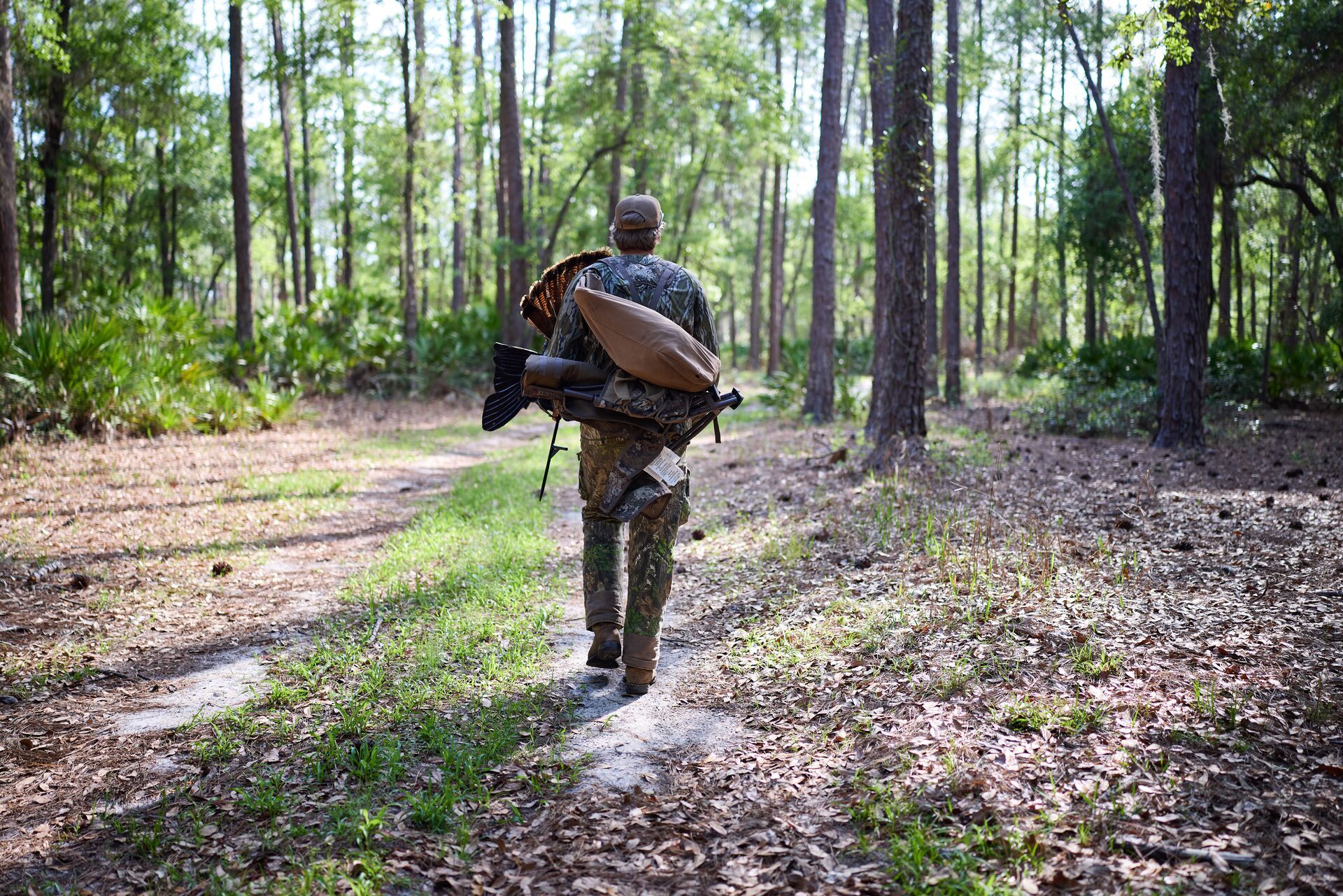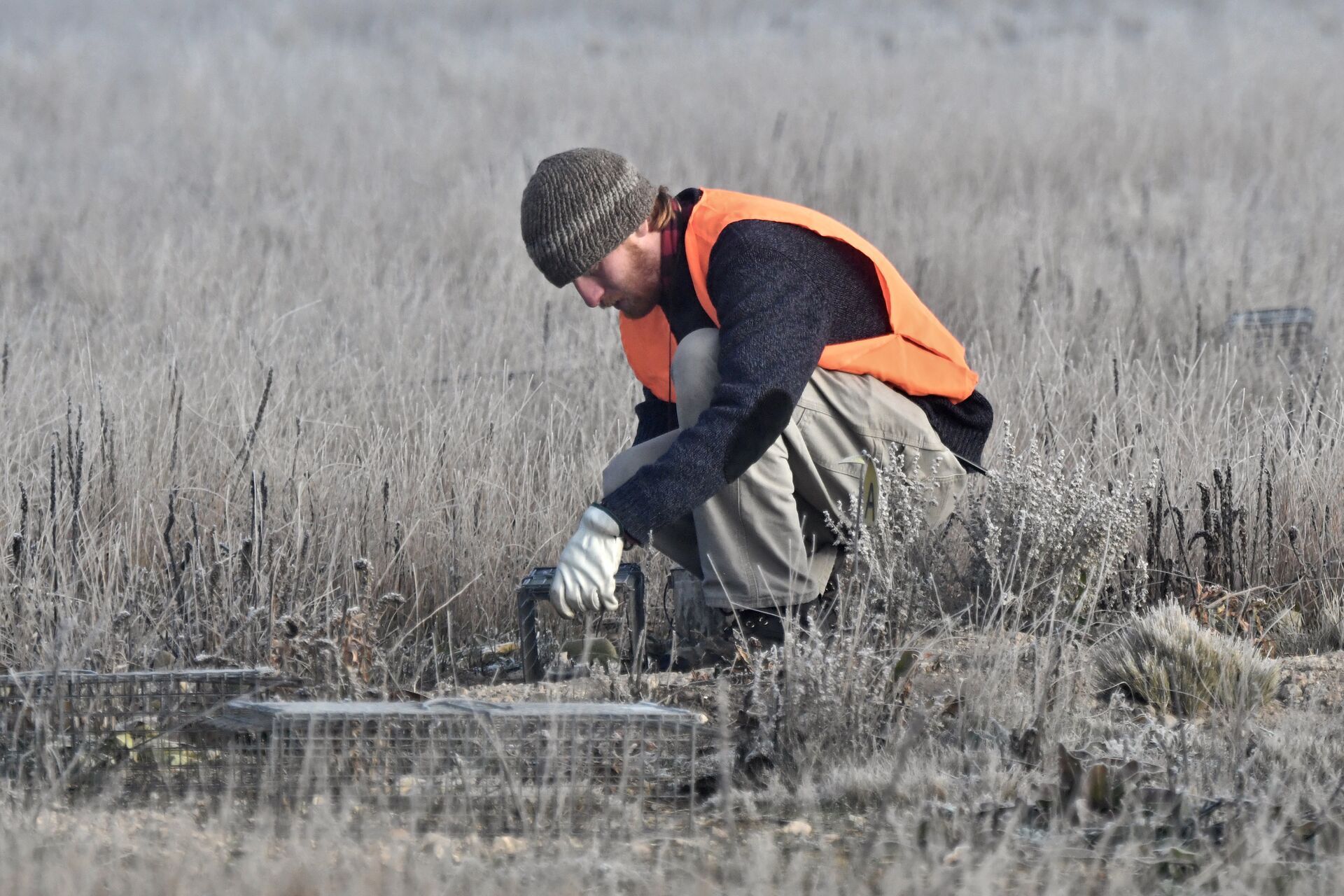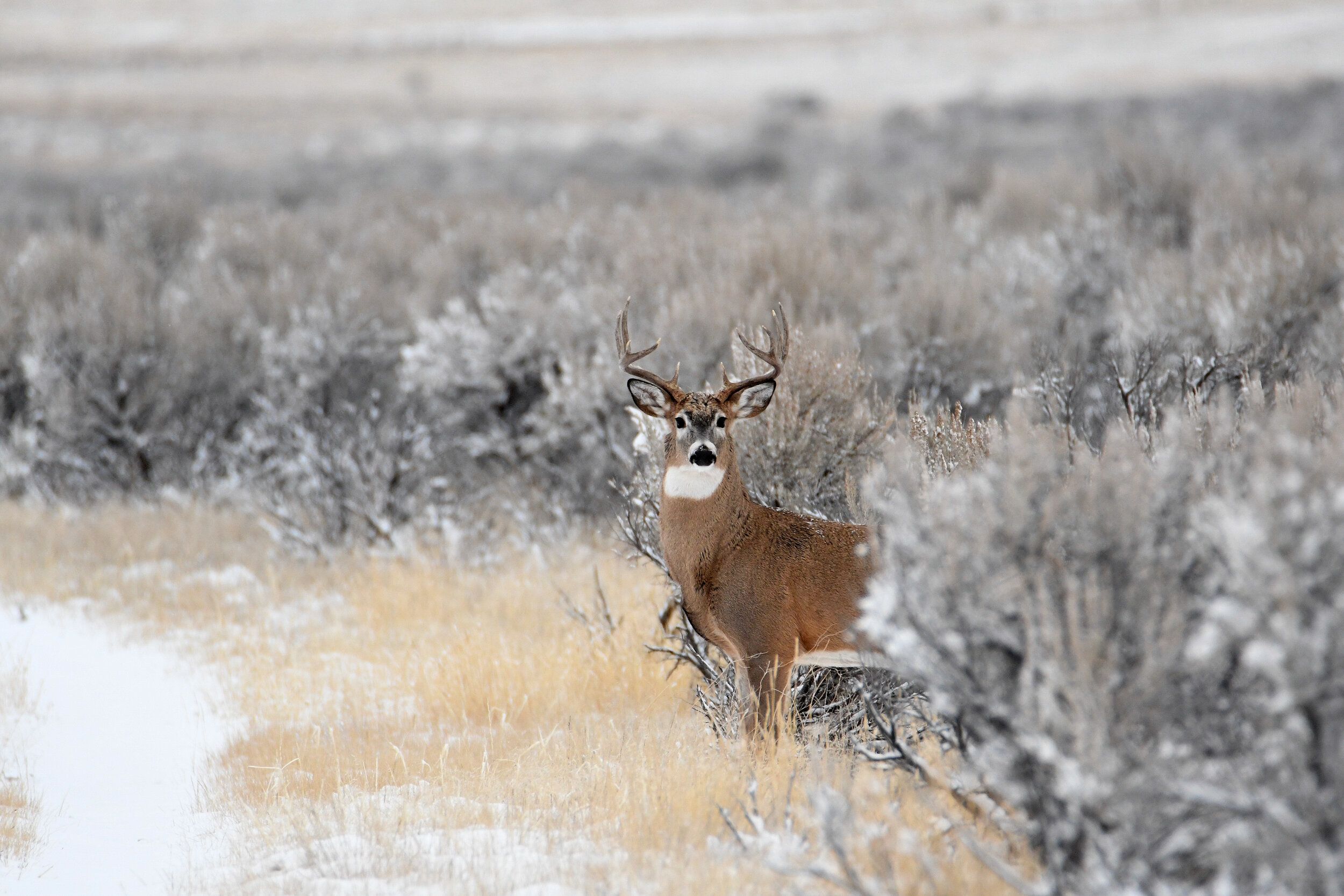Field Guide / Hunting Tips
Turkey Calls: Our Top 3 Calls For Beginners
If you are new to turkey hunting and want to be successful in the woods, planning your journey beforehand will be crucial to your outcome. However, aside from using the right hunting app, nothing will increase your chances of success like learning to lure birds into range successfully.
Previous in Hunting Tips
More Content Like This

The Year-Round Hunter in May: How to Hunt Turkey in the Spring
May is still the thick of spring turkey season for many hunters (but that's not all you should be doing this month). Still, you may be asking how to hunt turkey in the spring — and specifically in May — as the season draws to a close. Read More
Read More
5 Types of Animal Traps (and How to Use Them)
Have you trapped, yet? If you want to expand your hunting toolkit, extend your hunting season, and connect with some lesser-known traditional hunting strategies, consider adding trapping to your hunting roster.Read More
Read MoreWhy You Should Start Hunting With a Muzzleloader
As the peak of whitetail hunting season slips away and the woods begin to quiet down, late-season deer hunting, especially muzzleloader hunting, can provide you with an excellent opportunity to spend more time in the woods. Read More
Read More Hunting Tips
Hunting TipsThe Year-Round Hunter in May: How to Hunt Turkey in the Spring
May is still the thick of spring turkey season for many hunters (but that's not all you should be doing this month). Still, you may be asking how to hunt turkey in the spring — and specifically in May — as the season draws to a close. Read More
Read More Hunting Tips
Hunting Tips5 Types of Animal Traps (and How to Use Them)
Have you trapped, yet? If you want to expand your hunting toolkit, extend your hunting season, and connect with some lesser-known traditional hunting strategies, consider adding trapping to your hunting roster.Read More
Read More Hunting Tips
Hunting TipsWhy You Should Start Hunting With a Muzzleloader
As the peak of whitetail hunting season slips away and the woods begin to quiet down, late-season deer hunting, especially muzzleloader hunting, can provide you with an excellent opportunity to spend more time in the woods. Read More
Read More
1 of 3